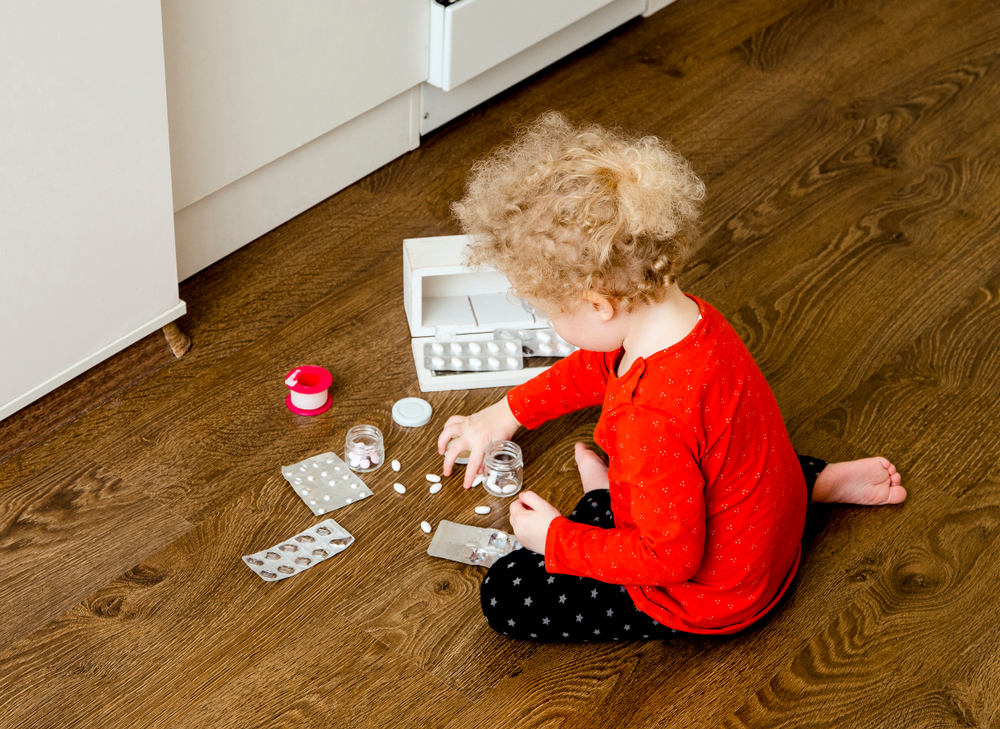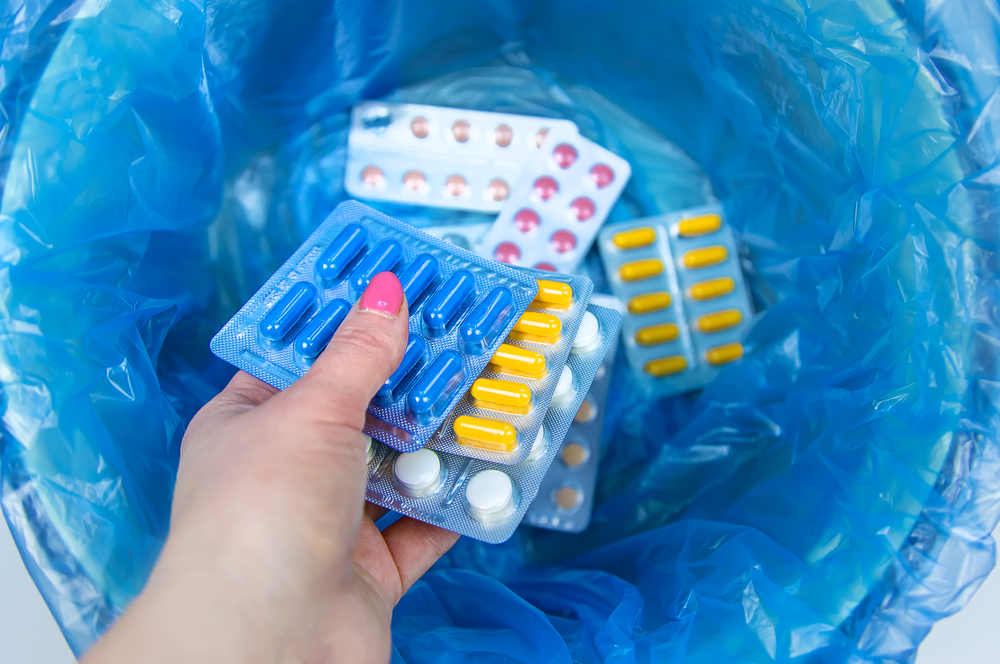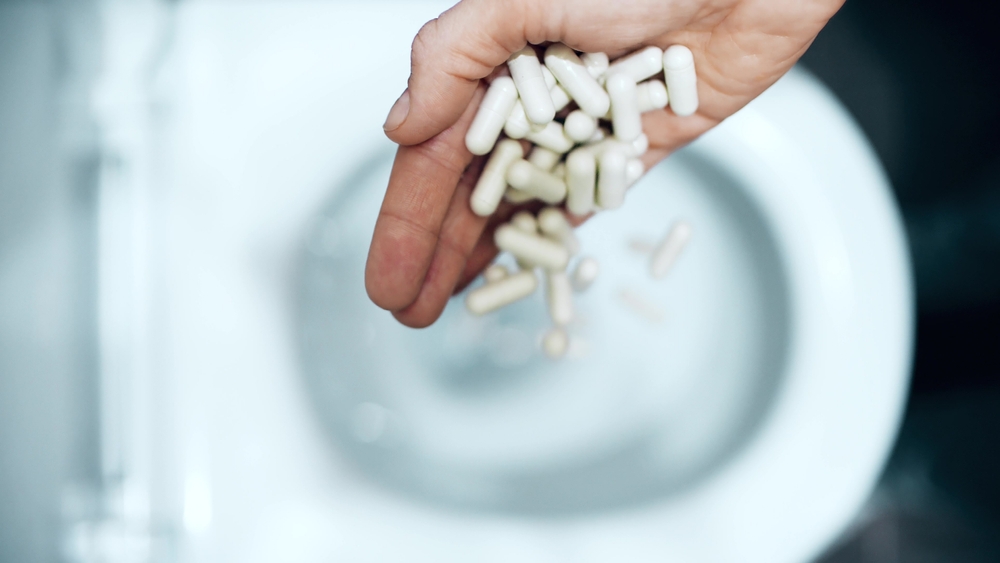


Prescription medications are a vital part of our society. They save lives, improve quality of life, and make us more productive. But like all powerful tools, they can be dangerous in the wrong hands. They can also be hazardous to the environment. That's why it's important to ensure that unused or expired prescription drugs are disposed of properly.
Storing unused or expired medication can be dangerous if you have kids, veterans, and people with underlying mental health issues at home. Kids may accidentally take them, or veterans may deliberately misuse them to self-medicate.
Every year, millions of Americans find themselves in need of medication. Medication can be an important part of maintaining our health, whether for a short-term illness or a chronic condition. However, once we no longer need a particular medication, it is important to dispose of it properly. Unused medication can seriously risk our safety, well-being, and environment.

Disposing of unused or expired medication can be tricky. You want to ensure that the medication is properly disposed of so that it doesn't end up in the wrong person's hands or the environment. Here are some proper ways to safely dispose of unused medications:
One option for disposing of unused medication is to take advantage of the national prescription drug take-back day or programs. These programs are typically run by state and local law enforcement agencies, hospitals, DEA, or pharmacies and provide a safe and convenient way to dispose of unwanted medication.

Before you hand over your medication, check with the take-back program to find out the types of drugs they accept and their specific policies. Walgreens, for example, accepts prescription medications, ointments & patches, pet medications, vitamins, OTC medications, ointments, lotions & liquids, inhalers, and aerosol cans. However, they don't accept illegal drugs, hydrogen peroxide Needles & thermometers.
If the drug take back is not an option, you can dispose of the drugs at home using one of the following ways. Always check your local community information services to see if they allow for medicines dropped off at local collection sites. Note that the mode of drug disposal varies depending on the type of drugs.
The U.S. Food and Drug Administration (FDA) recommends flushing certain medicines down the sink or toilet when they are no longer needed and cannot be disposed of through other means. Flushing is the best way to dispose of medication that is a controlled substance or has the potential to be harmful if taken by someone other than the person for whom it was prescribed. According to the FDA, drugs on the flush list are those:
If you have veterans, children, or people with mental health in your home that can intentionally or accidentally touch, ingest, abuse, or misuse a medicine on the flush list, they can suffer serious consequences, including death. Some examples of these drugs include those that contain the following words on them:
You can find this information on the label or leaflet that came with your medicine. If unsure, contact your pharmacist or doctor for advice on how to dispose of your particular medication.

Another option for disposing of medication is to mix it with an undesirable substance, such as used coffee grounds or kitty litter, and place it in a container with a lid. The container should then be placed in the trash. Before throwing it away, remove all personal information from the prescription label. This will help to protect your identity and keep your confidential medical information private.
Always check your local community information services to see if they allow for medicines dropped off at local collection sites.
Some people are concerned about flushing drugs down the toilet because they worry that the drugs will end up in the drinking water supply. However, according to the U.S. Environmental Protection Agency (EPA), there is no evidence that pharmaceuticals in the environment harm humans or wildlife. In fact, the EPA states that the concentrations of pharmaceuticals in the environment are so low that they pose no known risk to human health or the environment.
Never share prescription drugs with anyone else, even if they seem to need them. Sharing drugs is not only illegal, but it can also be dangerous. The person taking the drug may have an allergy to it, or they may not be able to metabolize the drug properly, which could lead to serious health consequences.
Don’t leave unused or expired medication in your home, even if it is in a child-resistant container. Unused or expired medication can be dangerous if it falls into the wrong hands, and it can also be tempting for someone to take if they are struggling with addiction. If you have unused or expired medication, take it to a drug take-back location or dispose of it at home according to the FDA's guidelines.


